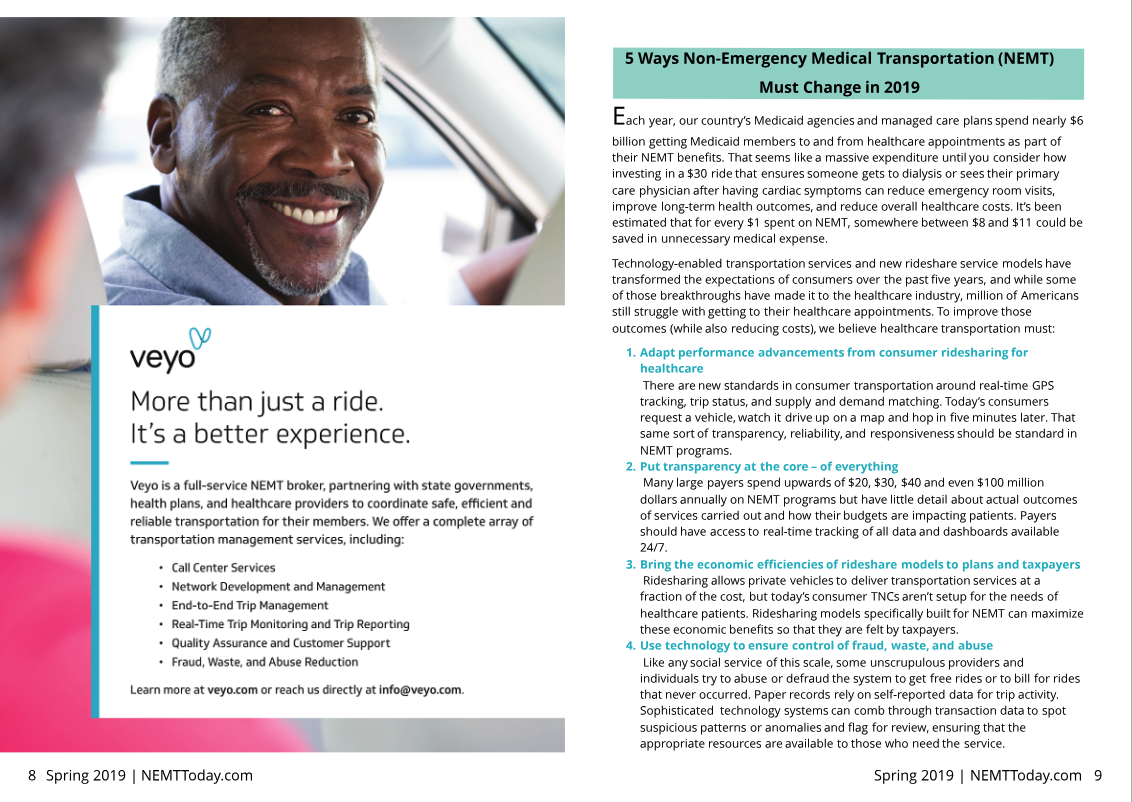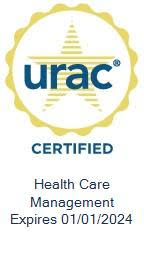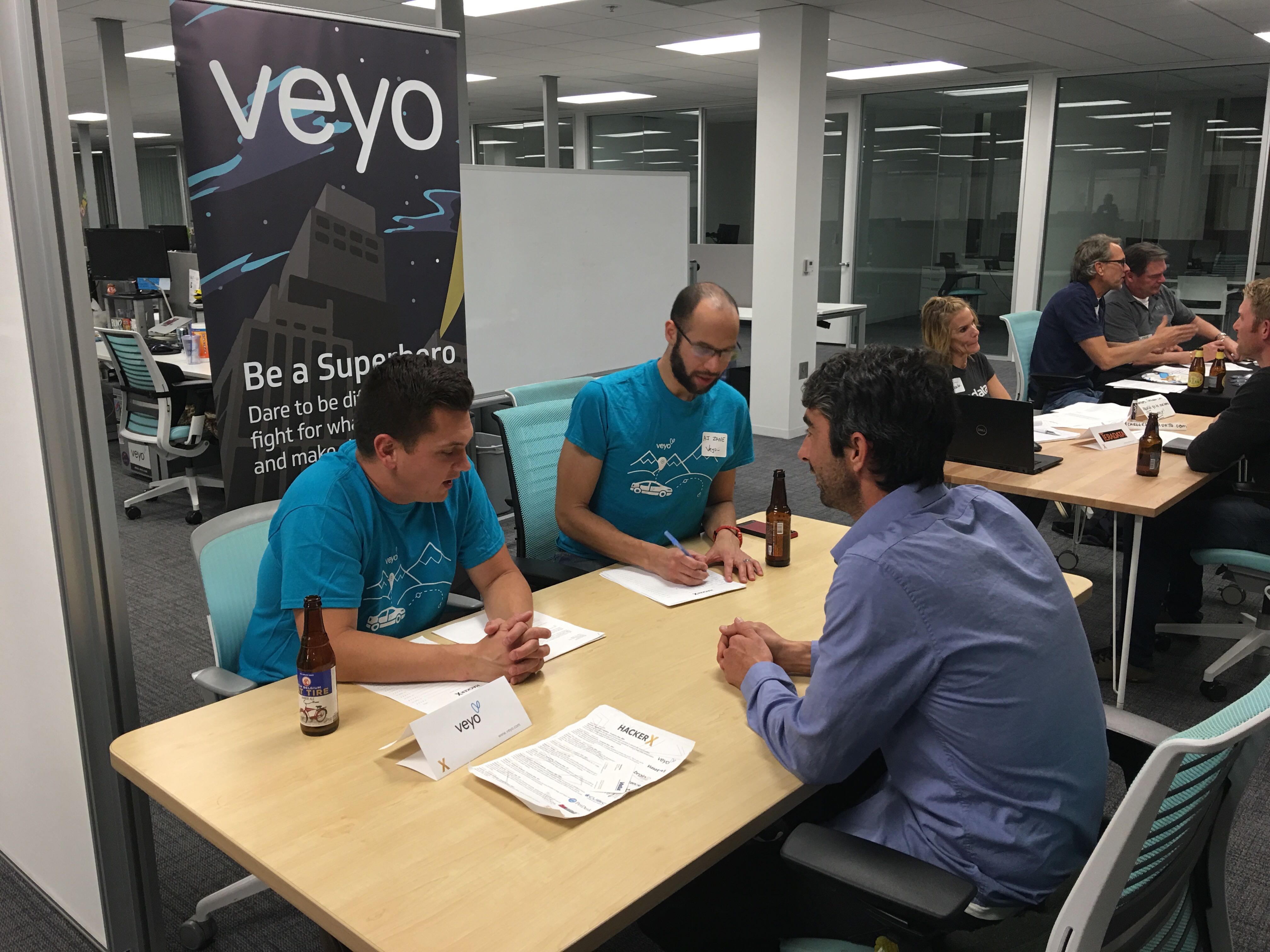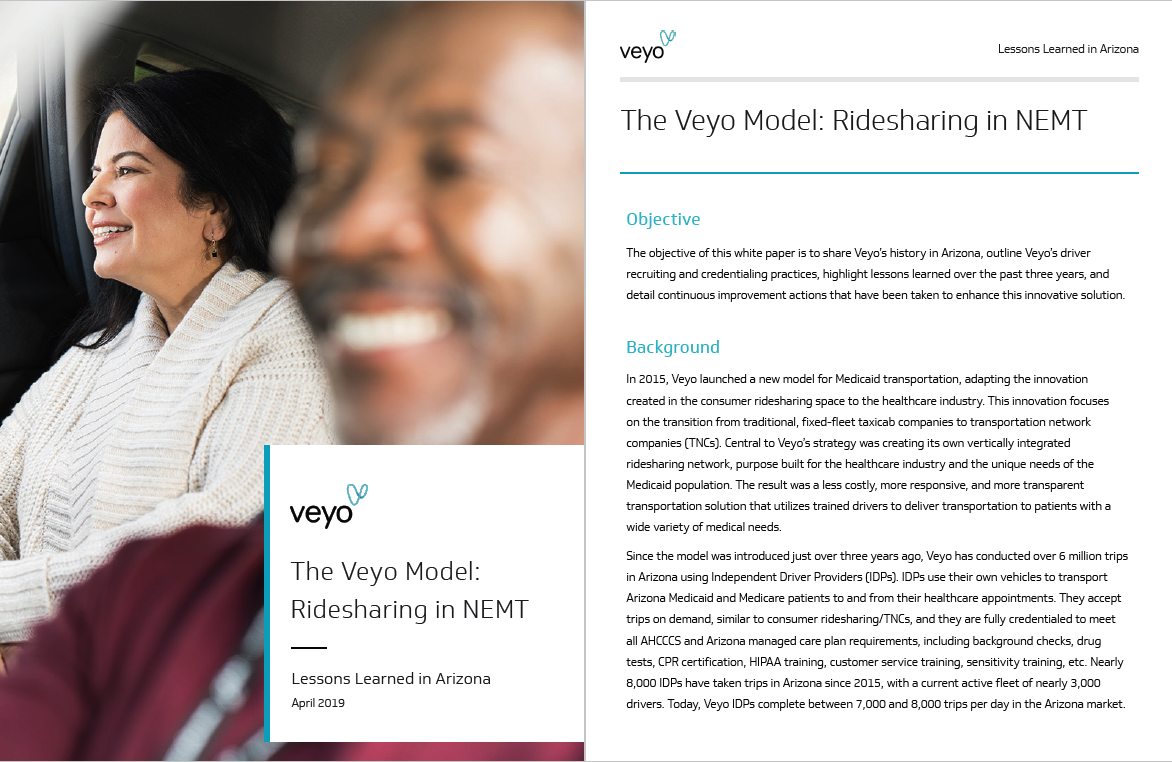Veyo featured in NEMTAC’s launch issue of NEMT Today
March 27, 2019
On March 26, 2019, The Non Emergency Medical Transportation Accreditation Commission (NEMTAC) launched their new digital magazine, NEMT Today. Veyo was featured in the first issue with an article on “5 Ways Non-Emergency Medical Transportation (NEMT) Must Change in 2019” where we discuss how technology-enabled transportation services and new rideshare service models have transformed consumer expectations and how those innovations can be brought The article is reproduced below.
We’re excited to work with NEMTAC in 2019 as they work to promote NEMT and create consistent standards and training practices across the industry. We’ll also be attending the NEMTAC conference this September in Arizona, where we hope to share more of our learnings around NEMT.
About NEMTAC: NEMTAC was established as a nonprofit healthcare organization to enhance and promote the quality of care in America’s medical transportation system. NEMTAC standards represent industry best practices designed to ensure consistently high-quality customer care, safe vehicle operations and ethical business practices. In addition to accreditation, NEMTAC provides advanced education and training certificate programs to individuals seeking a career in the medical transportation industry. For more information visit www.nemtac.org.
——-
5 Ways Non-Emergency Medical Transportation (NEMT) Must Change in 2019
Each year, our country’s Medicaid agencies and managed care plans spend nearly $6 billion getting Medicaid members to and from healthcare appointments as part of their NEMT benefits. That seems like a massive expenditure until you consider how investing in a $30 ride that ensures someone gets to dialysis or sees their primary care physician after having cardiac symptoms can reduce emergency room visits, improve long-term health outcomes, and reduce overall healthcare costs. It’s been estimated that for every $1 spent on NEMT, somewhere between $8 and $11 could be saved in unnecessary medical expense.
Technology-enabled transportation services and new rideshare service models have transformed the expectations of consumers over the past five years, and while some of those breakthroughs have made it to the healthcare industry, million of Americans still struggle with getting to their healthcare appointments. To improve those outcomes (while also reducing costs), we believe healthcare transportation must:
- Adapt performance advancements from consumer ridesharing for healthcare
There are new standards in consumer transportation around real-time GPS tracking, trip status, and supply and demand matching. Today’s consumers request a vehicle, watch it drive up on a map and hop in five minutes later. That same sort of transparency, reliability, and responsiveness should be standard in NEMT programs. - Put transparency at the core – of everything
Many large payers spend upwards of $20, $30, $40 and even $100 million dollars annually on NEMT programs but have little detail about actual outcomes of services carried out and how their budgets are impacting patients. Payers should have access to real-time tracking of all data and dashboards available 24/7. - Bring the economic efficiencies of rideshare models to plans and taxpayers
Ridesharing allows private vehicles to deliver transportation services at a fraction of the cost, but today’s consumer TNCs aren’t setup for the needs of healthcare patients. Ridesharing models specifically built for NEMT can maximize these economic benefits so that they are felt by taxpayers. - Use technology to ensure control of fraud, waste, and abuse
Like any social service of this scale, some unscrupulous providers and individuals try to abuse or defraud the system to get free rides or to bill for rides that never occurred. Paper records rely on self-reported data for trip activity. Sophisticated technology systems can comb through transaction data to spot suspicious patterns or anomalies and flag for review, ensuring that the appropriate resources are available to those who need the service. - Make communication between NEMT brokers and healthcare providers seamless, in real time
While ridesharing can play a greater role in providing more flexible capacity and economic advantages, traditional commercial providers will still play a vital role for many NEMT trips – especially those requiring specialized equipment such as a wheelchair-accessible vehicle. However, it’s critical that NEMT brokers help providers modernize and share information and the efficiencies created through the use of technology, tablets, and GPS tracking.
We live in a world where technology exists to track, monitor, analyze, improve and mobilize resources in real time, on time, every time. Today’s technology is affordable and can help industries significantly save while simultaneously delivering better performance. NEMT is certainly not alone in its challenges to adapt, but in 2019, it’s possible and absolutely crucial that adaptation takes place.




